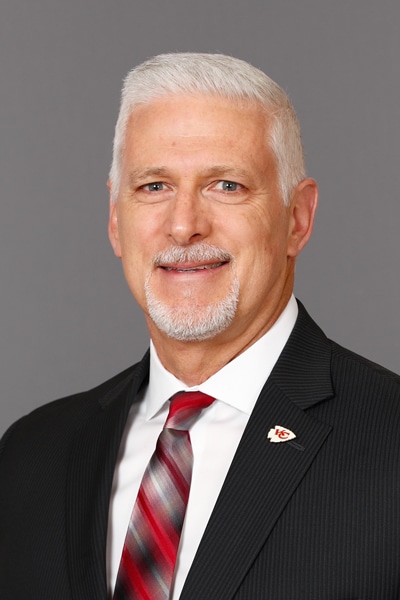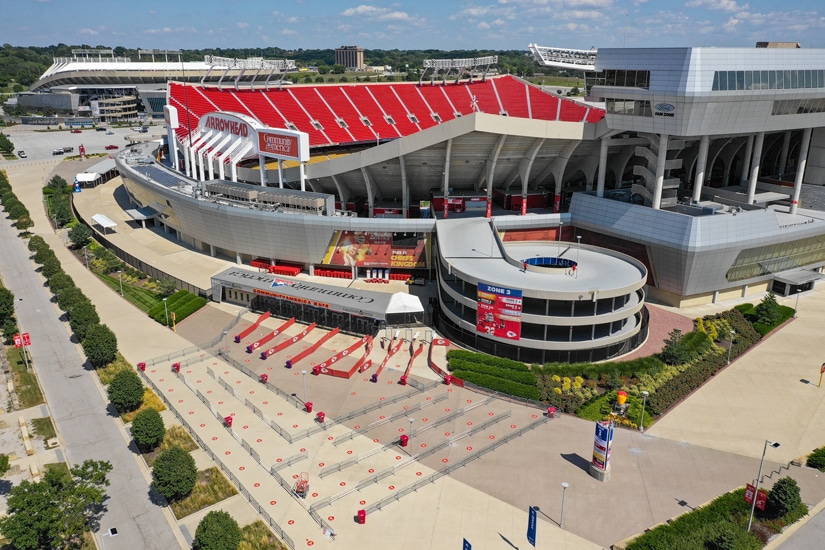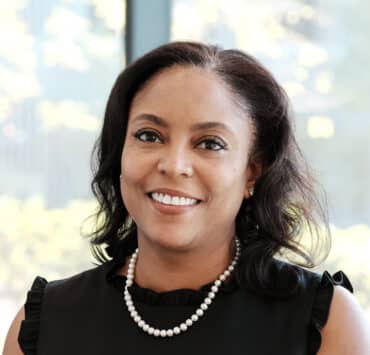|
Getting your Trinity Audio player ready... |
In 2020, the NFL’s Kansas City Chiefs won its first Super Bowl since 1970. The team returned to the Big Game in 2021, losing a tough battle to the Tampa Bay Buccaneers. But the circumstances for the team changed a great deal in the year between Super Bowl appearances. The COVID-19 pandemic resulted in drastic changes for the NFL at large. Thankfully, Jeffrey Miller, the Kansas City Chiefs’ vice president of security, helped sort out the new rules and guidelines to make Arrowhead Stadium safe for its players, employees, and fans.
Those behind the scenes of the Kansas City franchise implemented strict protocols and got everyone to operate under the same mindset. That action resulted in the Chiefs’ stadium becoming the first in North America to welcome fans throughout the season.

Miller credits his twenty-five-year tenure in law enforcement, and his previous experience as senior vice president and chief security officer for the NFL, with helping him contribute to the collective strategy to protect everyone. When the pandemic hit, work needed to be done to get new protocols in place. And even though the NFL season hadn’t started, there was plenty to do. Miller and other members of the executive leadership team had to look at how the Chiefs organization would be impacted in the short and long term. Initially, they sent everyone home, with plans to get people back in a few weeks.
“Once we came to grips that this is the environment we are in, we developed a communications plan and limited the access to the facility to only essential personnel,” Miller explains. “We developed entry protocols to include temperature screenings and a medical questionnaire, as well as a custom app and an infectious disease emergency response plan.”
Team meetings and training were done virtually at first, while the stadiums underwent changes. Plexiglass was added to the locker rooms and stadium operations were updated.
“As we were getting closer to training camp, we knew if we were going to play football on the field, we couldn’t just train virtually, and we knew we had to create a safe environment to practice and to hold games,” Miller explains. “We had to space people out and hold team meetings with PPE in place and cleaning crews repeatedly cleaning all common surfaces.”
Players had to wear special devices that tracked their proximity to others, so if someone was exposed to COVID, they would know who was in close contact to isolate and limit the spread.
“We also had to simultaneously prep on how we were going to hold games,” Miller recounts. “We were trying to do this with the best information we had, even if things were being ironed out at the league level at the last minute.”
As the defending champions, the Chiefs were scheduled to host the season’s kick-off game, but they couldn’t prepare vendors and people the same way they normally would. So all departments had to come up with a proposal that made sense.
“We were also working with the health department to determine what the rules were going to be for using our stadium, potentially with fans,” Miller recalls. “With the size of the rosters we have and players going home every night, there was more risk. We ultimately received approval to fill 22 percent of our seating capacity.”

After much consideration, the team came up with a pod system and figured out how to limit access to the aisles, zip tying certain seats so they wouldn’t be available. One of Miller’s ideas was to use as much space on the plaza as possible for fans to safely queue on approach to the entry gates, and the club also eliminated spaces in the parking lot so people could tailgate safely away from other groups. All people in the stadium were also required to wear masks.
“One of the things I recommended, and the club accepted, was we would not allow any bags unless it was medically necessary,” he says. “We wanted to reduce the time that security would have to be hands-on and close to fans as they passed through the security screening process.”
Although the city’s medical director was skeptical about fans attending, the Chiefs were able to safely host upwards of sixteen thousand fans per game. In the end, there were no cases traced to exposure at any of the games.
With lessons learned from last year, the Kansas City franchise is once again preparing for another season.
“Right now, we are going back to the tiered system and testing regimen because we haven’t defeated the virus,” Miller says. “The players and staff are all encouraged to get vaccinated if they haven’t been already, and we recently held a vaccination day for all players, families, and staff.”
One difference about next season is that Miller will be working mostly remotely from his home in San Diego, and flying in for key games and events. But he has full trust in the organization’s leaders and team in keeping everything safe for all. The hope is that by the time the season begins, protocols can relax a bit, stadiums can be full, and the Chiefs can focus on trying to qualify for its third straight Super Bowl.

